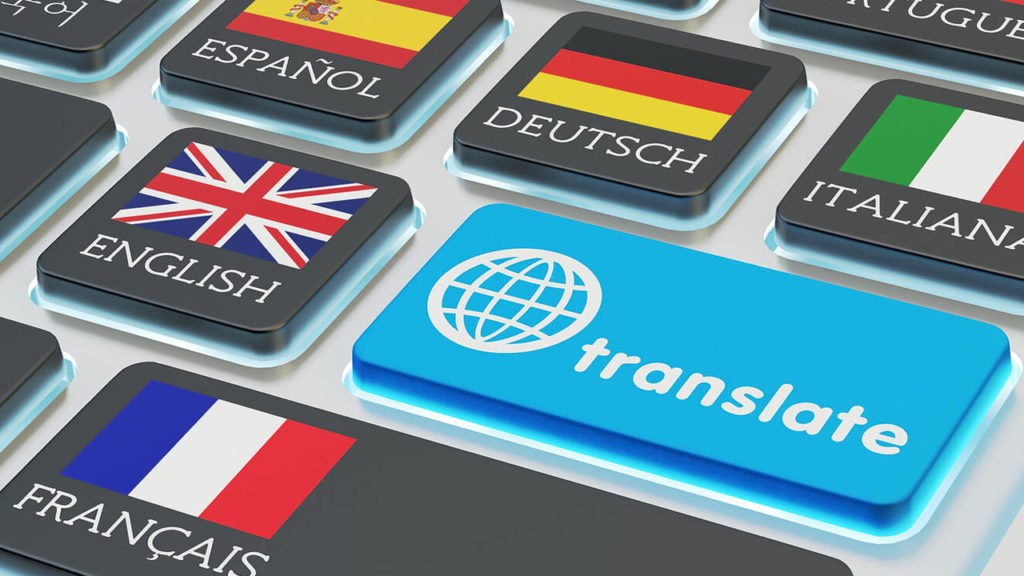In a global world, multilingual communication is essential. However, many people wonder who to hire: When do you need an interpreter or a translator? Although their roles seem similar, they are quite different. Therefore, what’s why it’s important to know when you need an interpreter instead of a translator.
At first glance, both may appear to do the same job. Yet, there are key differences you need to understand. By learning to distinguish these roles, you can avoid confusion and choose correctly.

The difference between an interpreter and a translator
Before anything else, let’s define their functions. A translator works with written content. They convert documents from one language to another. In addition, they have time to research, revise, and refine each sentence.
On the other hand, an interpreter handles spoken communication. They translate spoken messages instantly and accurately. In fact, their job demands focus, agility, and deep comprehension.
Now that this is clear, let’s explore the situations when you need an interpreter.
International meetings in real time
If you attend a meeting with participants who speak different languages, you will definitely need an interpreter. These events are common in business, diplomacy, and international collaboration.
Moreover, real-time understanding is crucial in these scenarios. An interpreter ensures that everyone follows the conversation without delays or miscommunication.
Live events with diverse audiences
Imagine organizing a conference, seminar, or cultural event. If the audience speaks various languages, hiring an interpreter is not optional—it’s essential.
With an interpreter present, attendees feel included. They can engage, ask questions, and understand everything. As a result, the event becomes much more successful.
Medical or emergency situations
In hospitals or during emergencies, communication must be immediate and accurate. If a patient cannot explain their symptoms due to a language barrier, serious risks arise.
For that reason, a medical interpreter is vital. They help healthcare professionals understand the issue quickly. In turn, patients receive the right care without delay.
Legal and court-related environments
Legal settings require accuracy. If someone involved in a case doesn’t speak the official language, an interpreter is necessary.
Interpreters work in courtrooms, with lawyers, or during police interviews. Their job is to ensure that every word is understood properly.
A mistake in interpretation can affect a person’s rights. That’s why legal systems often require certified interpreters by law.
Press conferences or interviews
When public figures give interviews in foreign languages, interpreters help the media understand their answers.
In press conferences with international reporters, interpreters bridge the gap. They help keep the flow of questions and answers natural and quick.
Guided tours or tourism activities
Tour guides often explain cultural or historical facts to visitors from different countries. An interpreter helps make sure everyone understands.
This also applies to international trade fairs or exhibitions. Interpreters help exhibitors talk with global clients and close deals.
Virtual meetings and video calls
Many business meetings happen online. If people speak different languages, a remote interpreter can join the call.
Modern tools make remote interpreting easy. With just a few clicks, all participants can speak and understand each other, no matter where they are.
Why a translator isn’t enough
A translator works with written materials. Even if they know how to speak a second language, they are not trained to interpret live conversations.
Translators need time to review and edit. Interpreters react instantly. They are trained to listen, understand, and respond in real time.
That’s why translators can’t replace interpreters in live situations.
The benefits of hiring an interpreter
There are many advantages to working with a professional interpreter:
- Everyone understands each other clearly.
- It avoids serious communication mistakes.
- You can connect across languages and cultures.
- Your company looks more professional.
- It brings confidence to all parties involved.
Hiring an interpreter shows respect for your audience. It also helps build trust and better relationships.
How to choose the right interpreter
Not all interpreters are the same. Choose one with experience in your specific situation. For example, legal interpreters handle courtrooms. Medical interpreters work in hospitals.
The interpreter should speak both languages fluently. They must also think quickly, stay focused, and remain neutral.
Check their qualifications and past work. For important events, a skilled interpreter can make a huge difference.
Conclusion
Firstly, knowing when you need an interpreter instead of a translator helps you communicate better. Each role serves a different purpose, and choosing the wrong one can create problems.
Moreover, an interpreter is your best option when you need live communication. Whether it’s a business meeting, a hospital visit, or a virtual call, they ensure smooth understanding.
Furthermoe, don’t leave communication to chance. Hire qualified interpreters who deliver your message clearly and accurately.
Finally, if you need more information visit How to Guarantee the Confidentiality of Your Documents?



